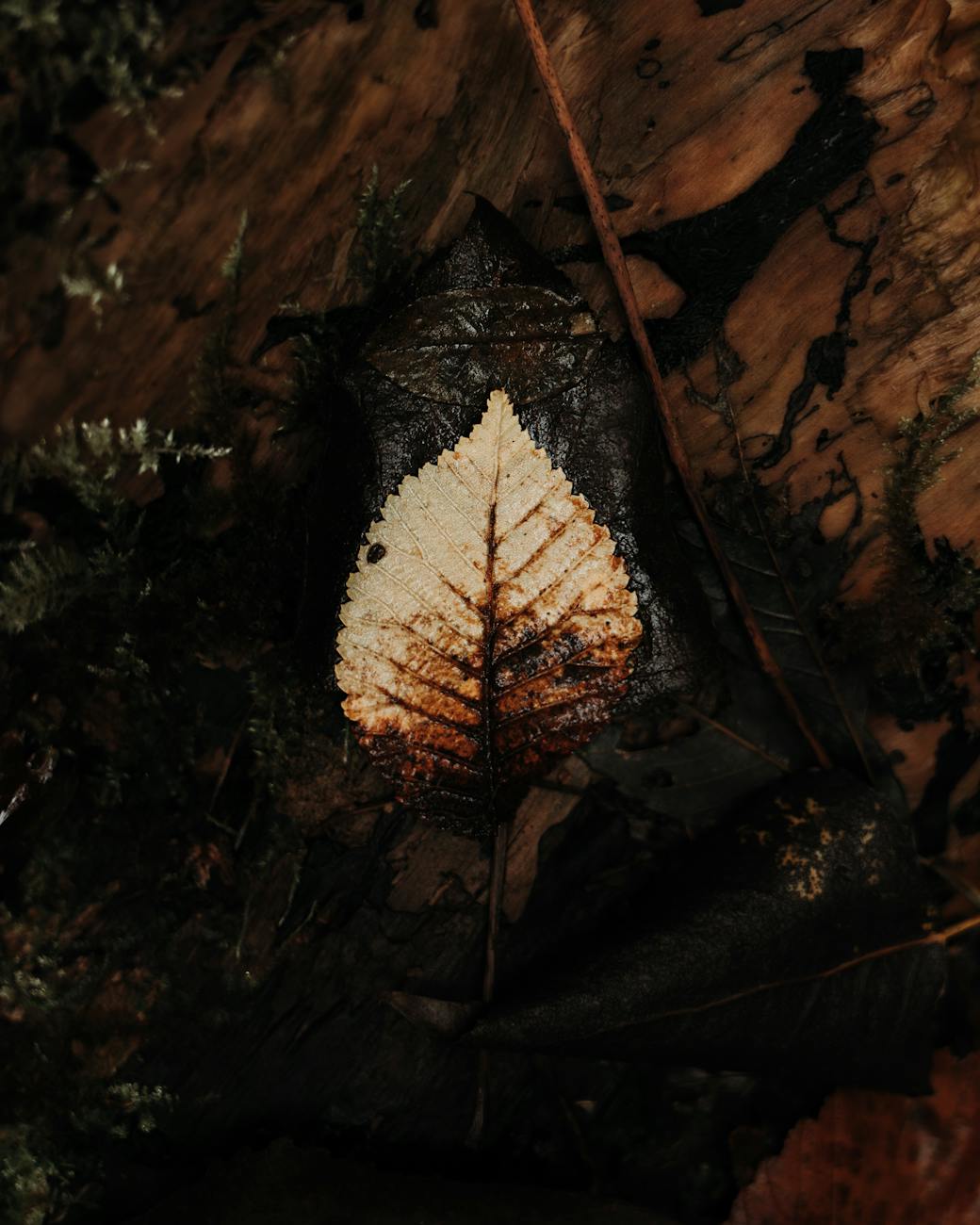Fall is certainly one of the best times of the year. Yet, it is strange how it differs from city to country, from sidewalk to path. The colors pop a little harder in some places, and a little less in others. With it, however, is that feeling that the winter is on its way, and that the season is forever shifting onward without you. Poets really have a way with saying one thing and meaning another. In this post, we are going to analyze “Fall, Leaves, Fall” by Emily Bronte.
Analysis
Memories
I could speak a while about watching Charlie Brown and friends sail the ocean blue with Christopher Columbus one dreary Sunday in November and finding myself looking away from the television at the leafless, lifeless trees outside and searching somewhere deep inside myself for happiness.
In “Fall, Leaves, Fall” by Emily Bronte, the poet reminds us of such memories for a specific reason. That is, while we are thankful for the rain hitting the window on gloomy, fall afternoons, we are still reminded of the growing darkness headed around the corner.
The Poem
In the first quatrain of “Fall, Leaves, Fall,” the author espouses a love for the autumn season as it happens. “Fall, leaves, fall; die, flowers, away;” she states. “Lengthen night and shorten day; / Every leaf speaks bliss to me, / Fluttering from the autumn tree” (Bronte).
Furthermore, in the second quatrain of the poem, Bronte welcomes winter. Bronte states “I shall smile when wreaths of snow / Blossom where the rose should grow;” which shows us Bronte’s acceptance of the changing seasons. “I shall sing when night’s decay / Ushers in a drearier day,” Bronte finishes. “Decay” is an odd word choice because what else decays but nature and humanity?
Explanation
Time and life dwindling away are always tried and true themes in stories of change and renewal. I mean, what greater imagery is there than the leaves falling from a colorful tree to remind us that life moves in cycles? The only sadness is the shortened days and longer nights. But, without the abbreviated days, it really wouldn’t feel so fall out, would it? So we come to appreciate this cycle.
Yet, poems are rife with metaphor, so one has to look a little deeper at the language used in the poem. In the poem, leaves “fall.” Of course, the poem is set in the season of fall. There is a link between these two ideas. In the same way, one could argue that leaves falling symbolize the descent of life into death. That is, a living thing falling and landing on its own grave—the Earth itself. To “Lengthen night and shorten day” is to see the darkness growing in our own lives while the light is extinguished. Our lives literally grow shorter and the light leaves us for darkness. Sure, cold overtakes the rose (love and warmth), but what else is there to do but embrace the coming darkness?
Meanwhile, “Every leaf speaks bliss to me” shows the author’s feelings toward this growing inevitability. Every leaf that has fallen, every day that has gone by, has been bliss. Even as the end looms, there is much to be thankful for those days are counted. Bronte relishes this realization and looks toward the future.
The link between the two is clear to me.
Conclusion
Everybody understand the frailty that exists between autumn and winter. When you have the first, the second is very, very close behind. Though, is that not symbolic of life? As we know the good days are always haunted by the bad ones, and one’s life can have love and warmth, but we all face the coming cold and darkness regardless of our station or our purpose.
Bronte, much like many poets, tells us that our hearts are in the drearier days, but if we cherish the days we’ve had and relish the days ahead, then any amount of dreariness should be the driving fire that pushes us forever onwards.
Works Cited
Brontë, Emily. “Fall, Leaves, Fall .” Poetry Foundation, 10 Oct. 2022, poetryfoundation.org/poems/52330/fall-leaves-fall.







